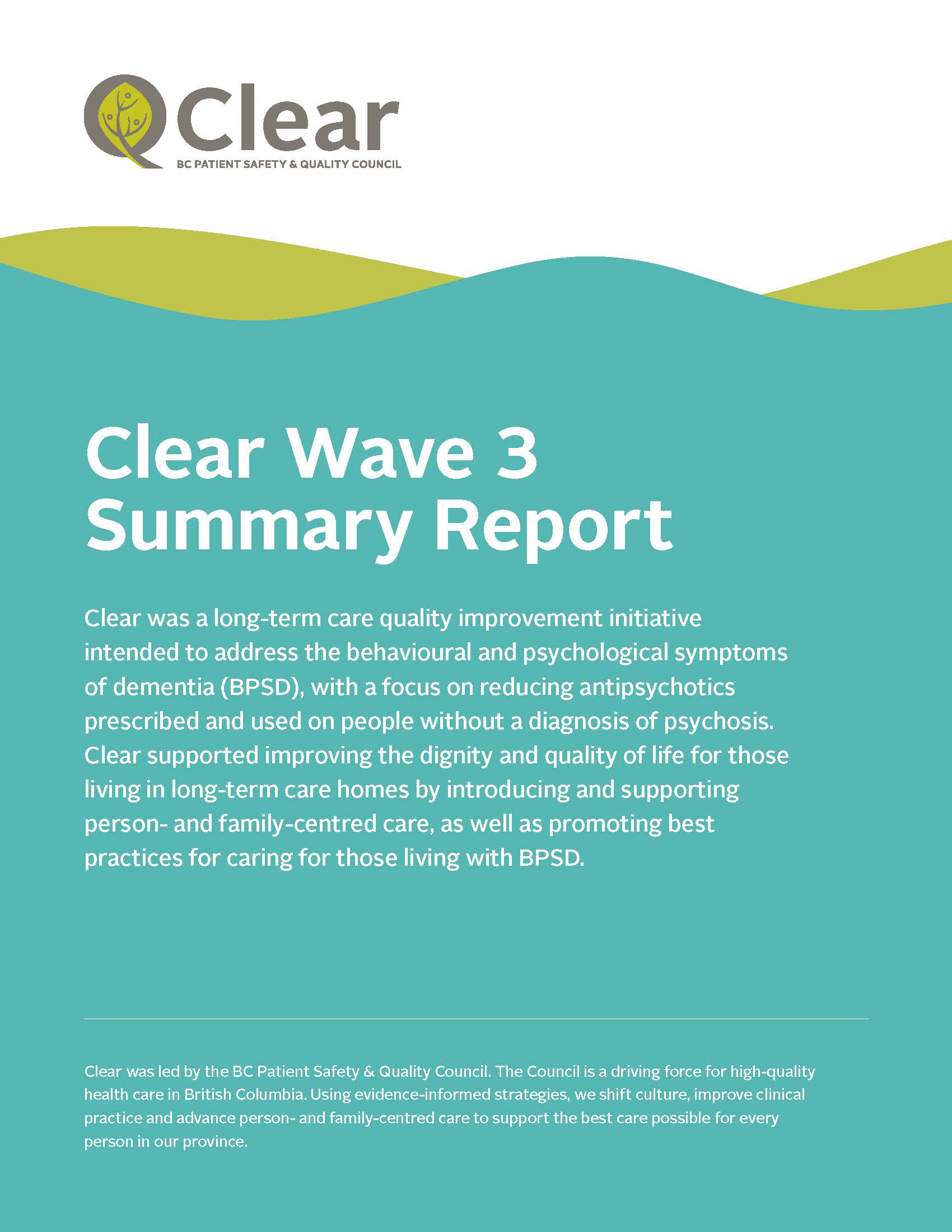

Providing system-wide leadership to efforts designed to improve the quality of health care in British Columbia.
Find out first about our news and events!
Sign up for our newsletter.
Territorial Acknowledgement
We would like to acknowledge that we are living and working with humility and respect on the traditional territories of the First Nations peoples of British Columbia.
We specifically acknowledge and express our gratitude to the keepers of the lands of the ancestral and unceded territory of the xʷməθkʷəy̓əm (Musqueam), Skwxwú7mesh (Squamish), and səl̓ilwətaɁɬ (Tsleil-Waututh) Nations, where our main office is located.
We also recognize Métis people and Métis Chartered Communities, as well as the Inuit and urban Indigenous peoples living across the province on various traditional territories.





